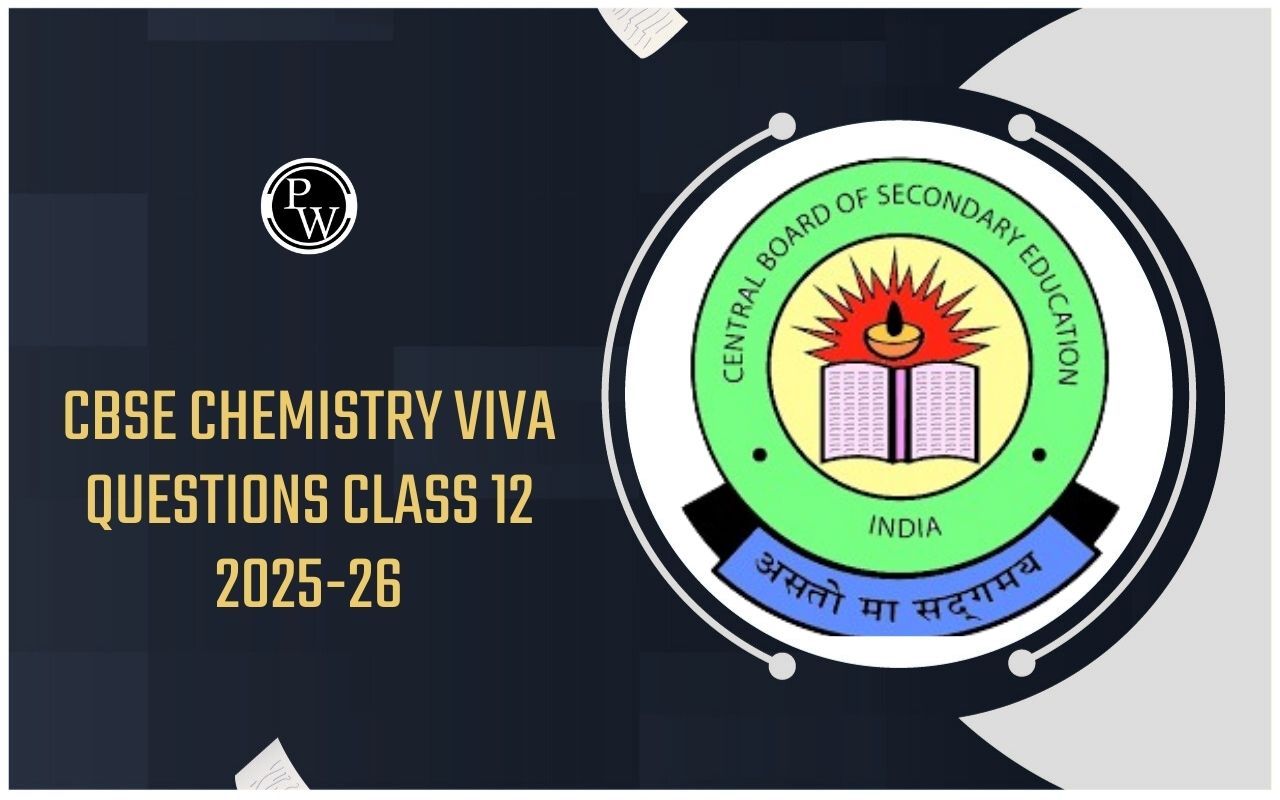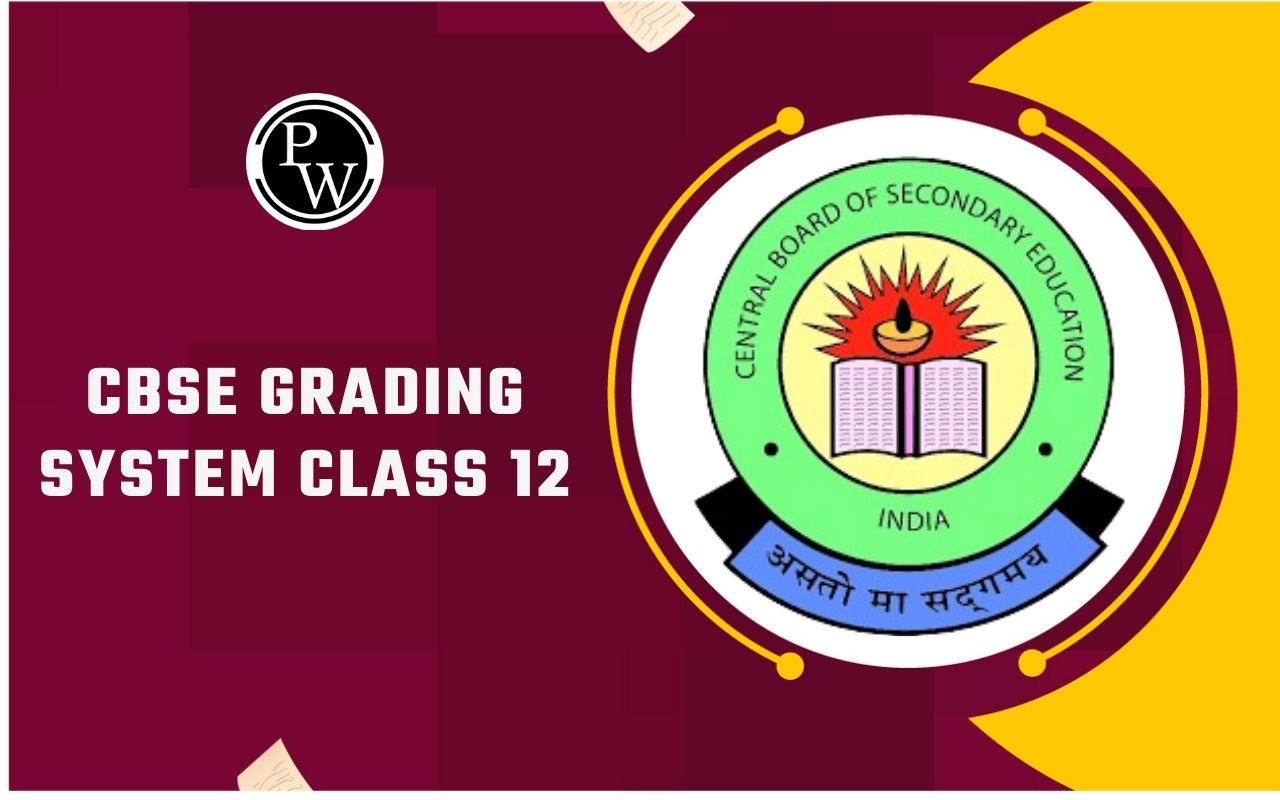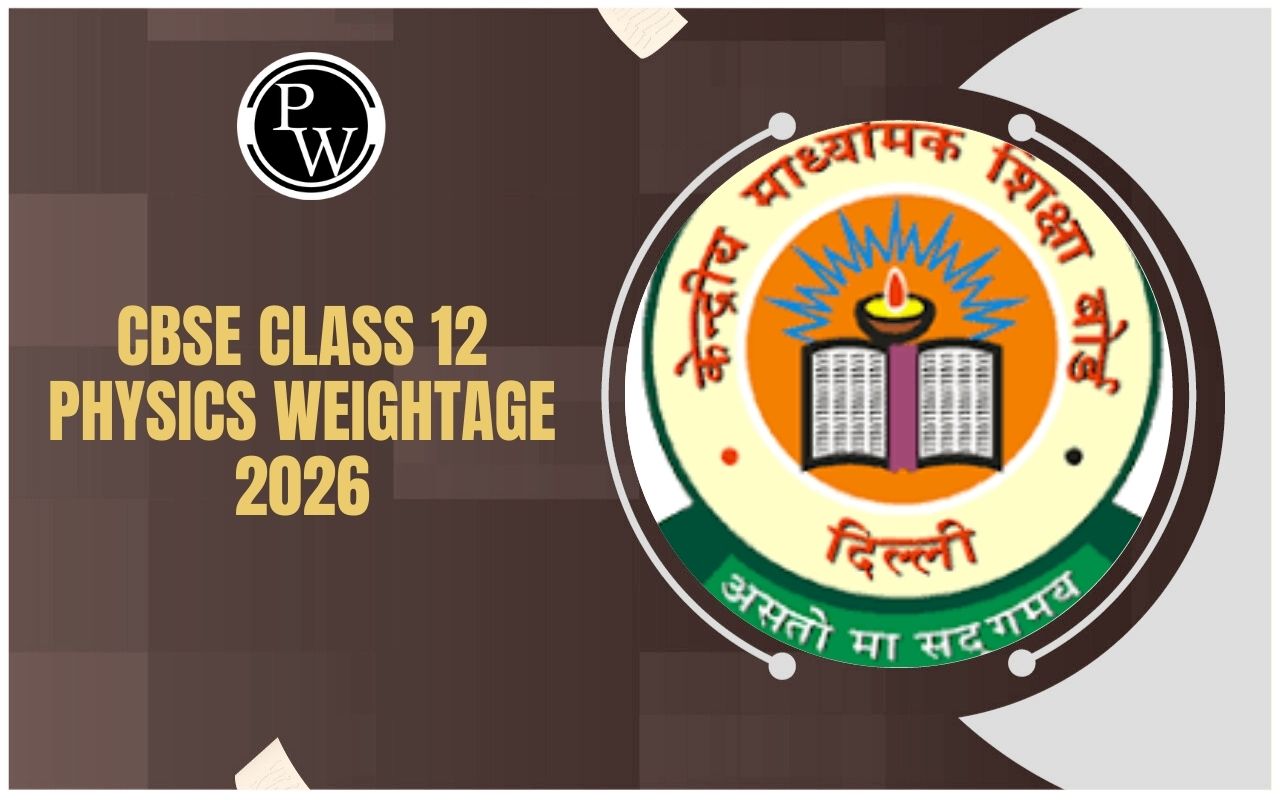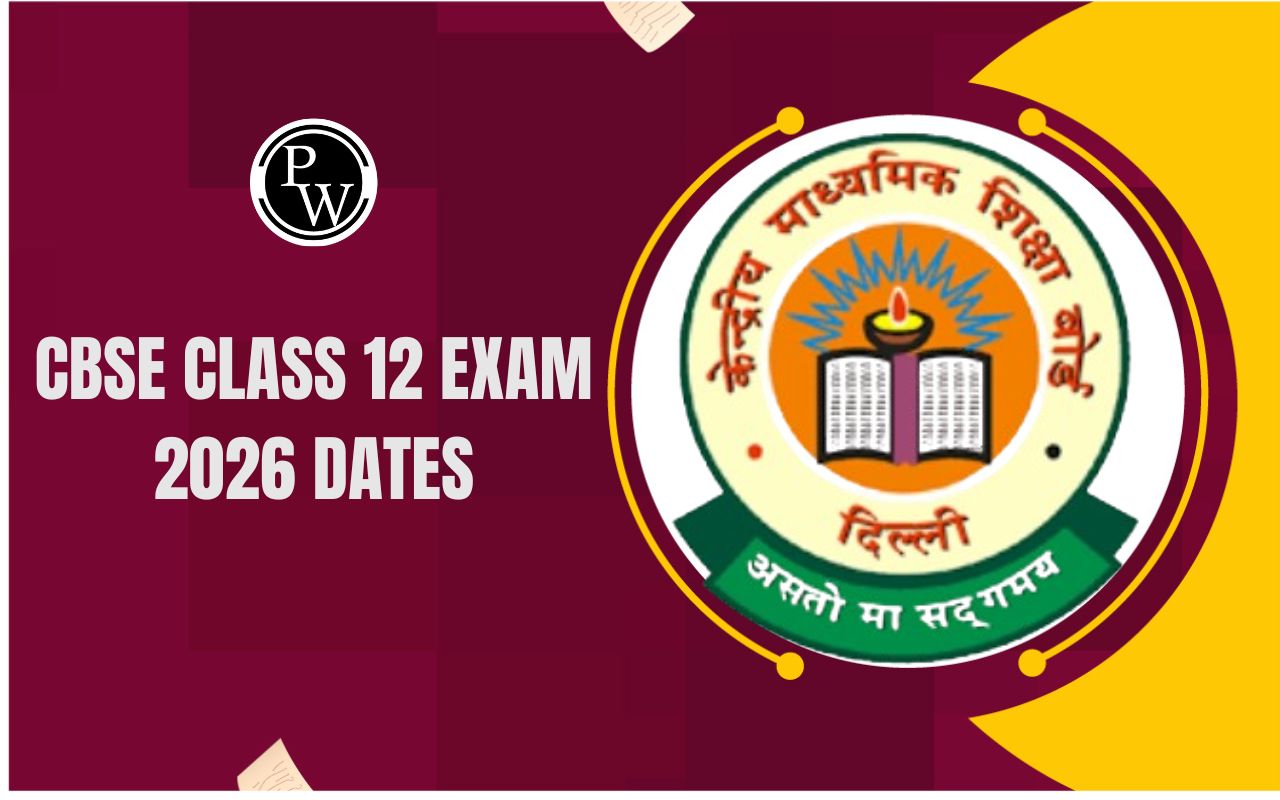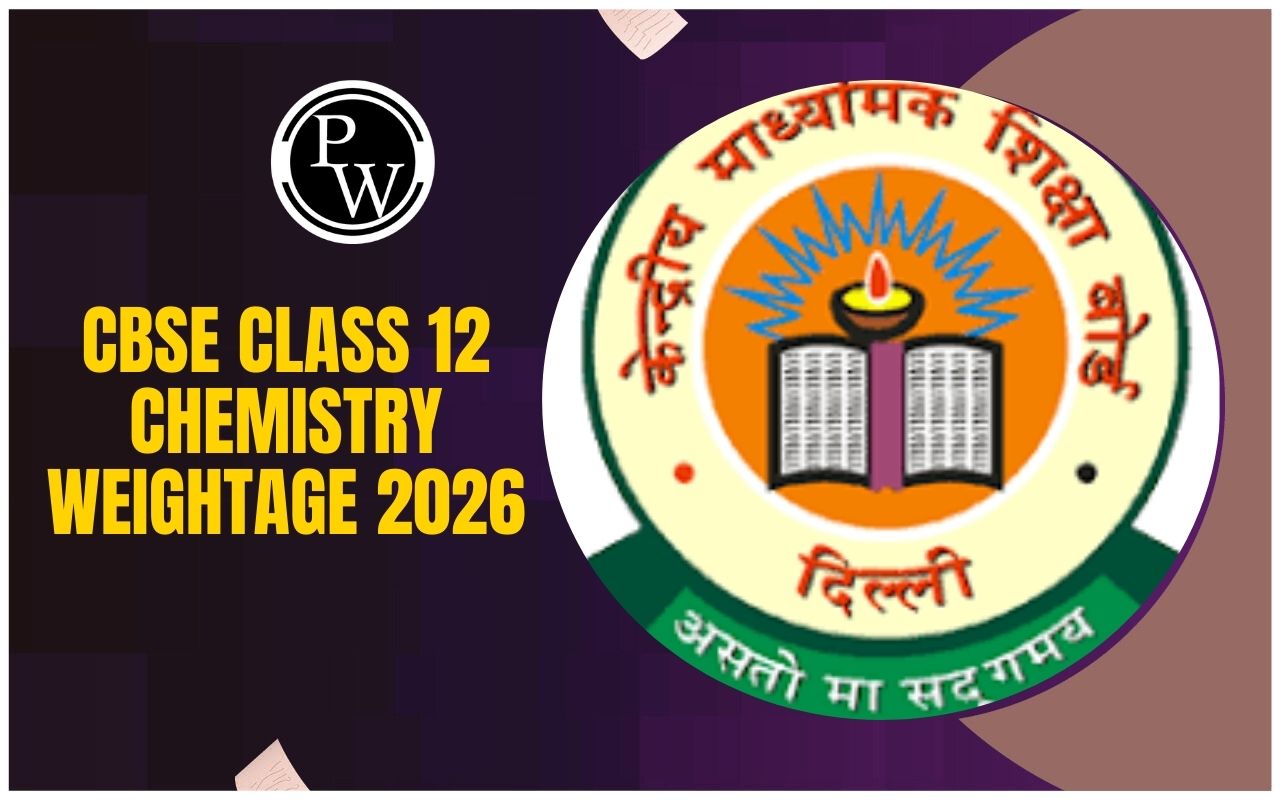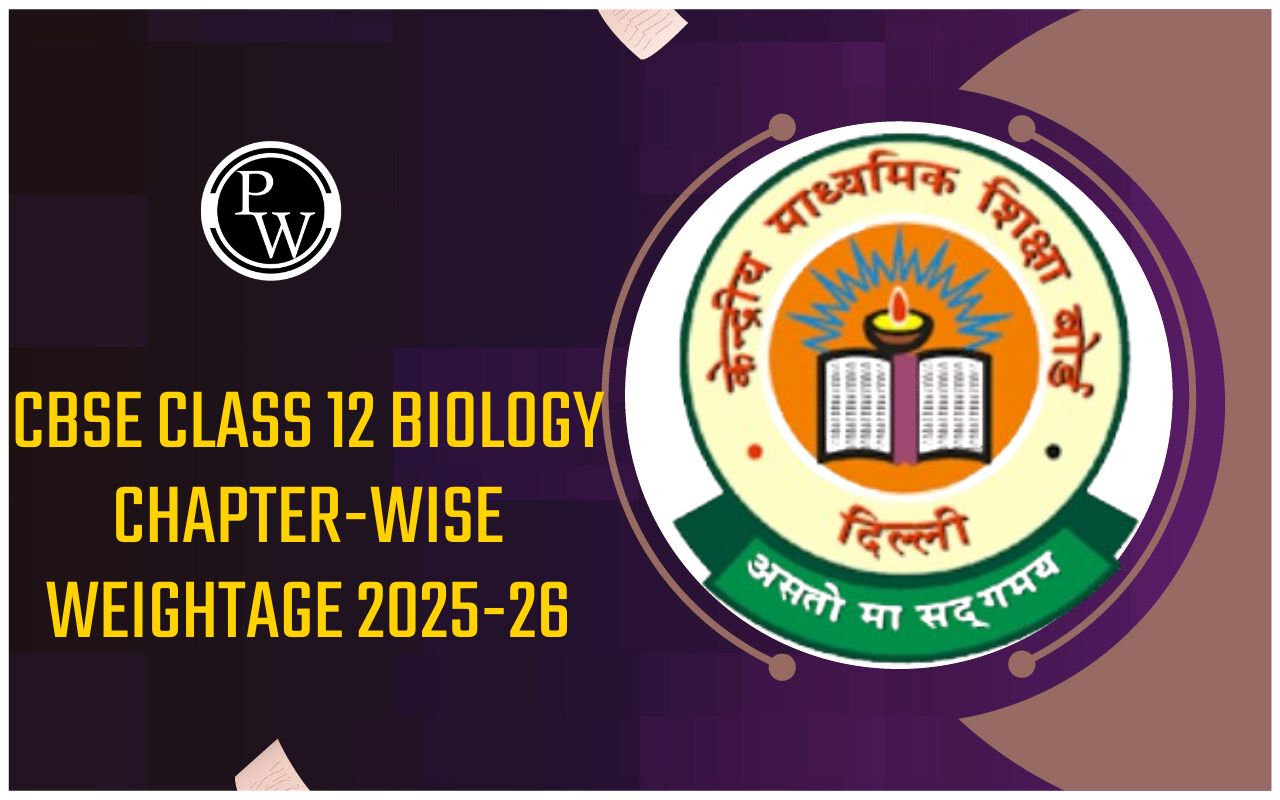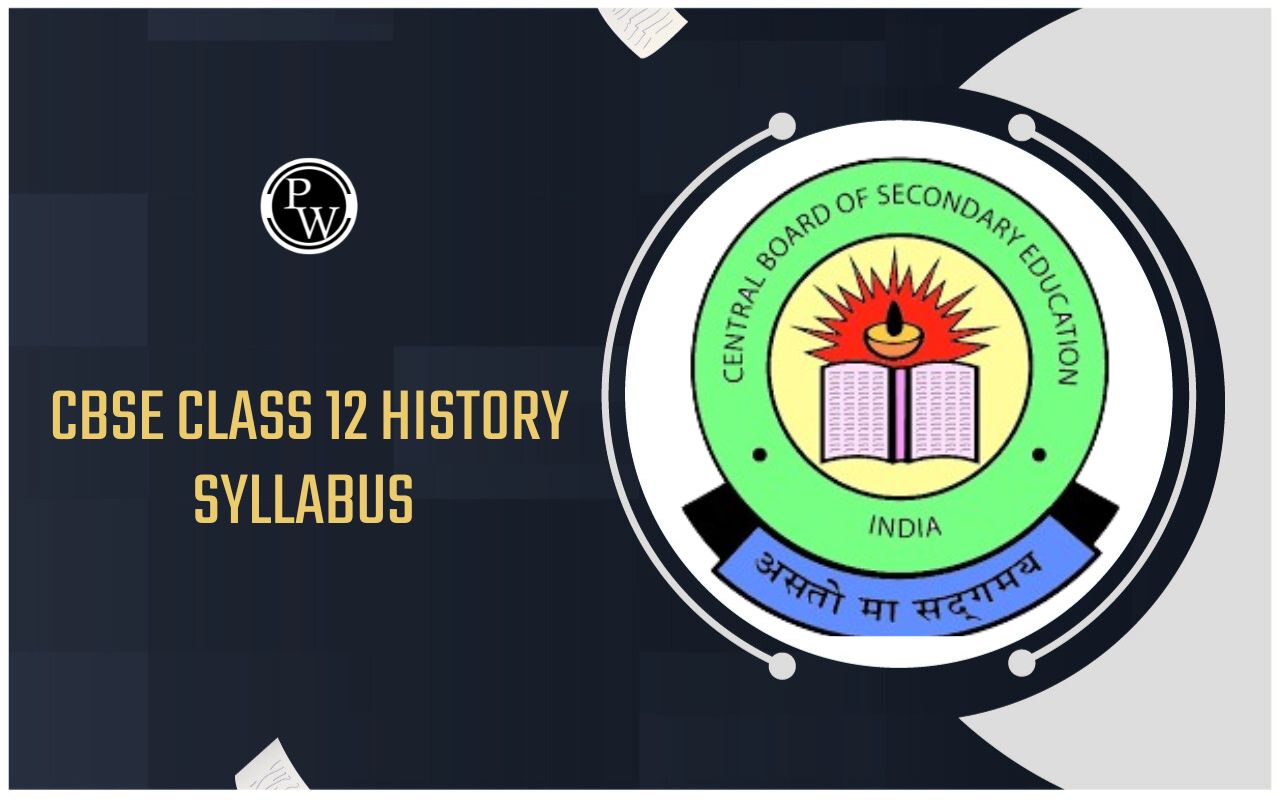
CBSE Class 12 Biology Notes Chapter 4: If you aim to score well in your 12th-grade exams and secure admission to various entrance exams, you'll find the Class 12 Biology Reproductive Health Revision Notes from Physics Wallah will help you in it. These notes created by Physics Wallah expert team, are designed to enhance your preparation.
Understanding this topic is important for both exams and personal well-being. With clear notes on Chapter 4, students can understand the concepts better and prepare well for exams.CBSE Class 12 Biology Notes Chapter 4 PDF
You can access the PDF file for CBSE Class 12 Biology Notes Chapter 4 by clicking on the link provided below. These notes cover important topics related to reproductive health, including family planning methods, sexually transmitted diseases, and sex education. Studying these notes will help you gain a better understanding of the subject and prepare effectively for your exams.CBSE Class 12 Biology Notes Chapter 4 PDF
CBSE Class 12 Biology Notes Chapter 4 Reproductive Health
Here are the detailed notes of Class 12 Biology Chapter 4 Reproductive Health:What Is Reproductive Health?
Reproductive health refers to the overall well-being and proper functioning of the reproductive system in both males and females. It includes various aspects related to sexual and reproductive health, including the ability to have safe and satisfying sexual experiences the capacity to reproduce and have children if desired, and the prevention and treatment of reproductive disorders and diseases.
CBSE Class 10 Previous Year Question Papers
Reproductive health also involves access to information, education, and healthcare services related to family planning, contraception, prenatal care, childbirth, and sexually transmitted infections. In essence, reproductive health aims to promote optimal physical, emotional, and social well-being in matters concerning human reproduction.
Population Stabilization and Birth Control
Population stabilization and birth control refer to efforts and measures aimed at controlling the growth rate of the population to achieve a stable population size. These efforts are typically implemented by governments and other organizations to address concerns related to overpopulation, resource depletion, and socio-economic development. Population stabilization involves strategies to maintain a stable population size by balancing the number of births and deaths. This may include promoting family planning and contraception, increasing access to reproductive healthcare services, and raising awareness about the benefits of smaller family sizes. Birth control, on the other hand, focuses specifically on preventing unwanted pregnancies through various contraceptive methods and family planning initiatives. These methods can include natural family planning, hormonal contraceptives, barrier methods, sterilization, and emergency contraception. Overall, population stabilization and birth control efforts aim to empower individuals and couples to make informed choices about their reproductive health and family size, thereby contributing to sustainable development and improved quality of life for present and future generations.Medical Termination of Pregnancy(MTP)
Medical Termination of Pregnancy (MTP), also known as induced abortion, refers to the deliberate termination of a pregnancy before the fetus is viable, or capable of surviving outside the womb. MTP is typically performed during the first trimester of pregnancy, although it may also be carried out later in certain circumstances, such as when the pregnancy poses a risk to the health or life of the mother, or when the fetus has severe abnormalities incompatible with life. In many countries, including India, MTP is legal under specific conditions and is regulated by laws and guidelines to ensure safety and prevent misuse. These conditions may include limitations on the gestational age of the pregnancy, requirements for counseling and informed consent, and provisions for the protection of women's health and rights.CBSE Class 12 Deleted Syllabus 2023-24
MTP can be performed using various methods, including medication abortion (using drugs to induce abortion) and surgical abortion (using procedures such as suction aspiration or dilation and curettage). The choice of method depends on factors such as the gestational age of the pregnancy, the woman's health, and her personal preferences. Access to safe and legal MTP services is essential to protect women's health and rights, prevent unsafe abortion practices, and reduce maternal mortality and morbidity. It is also important to provide comprehensive reproductive health services, including contraception and family planning counseling, to prevent unintended pregnancies and the need for abortion.Importance of Reproductive Health
Reproductive health plays a crucial role in the overall well-being and quality of life of individuals, families, and communities. Here are some key reasons highlighting the importance of reproductive health:Prevention of Sexually Transmitted Infections (STIs): Reproductive health education and awareness help individuals make informed decisions regarding sexual behavior and practices, reducing the risk of contracting STIs such as HIV/AIDS, gonorrhea, syphilis, and HPV.
Family Planning and Birth Control: Reproductive health services provide access to contraception and family planning methods, allowing individuals to plan and space pregnancies according to their desires and circumstances. This helps in controlling population growth, reducing maternal and infant mortality, and promoting the well-being of mothers and children.
Maternal and Child Health: Adequate reproductive health care ensures safe pregnancy, childbirth, and postnatal care for mothers, leading to lower rates of maternal mortality and morbidity. It also supports the healthy development of infants and children, reducing the risk of infant mortality, malnutrition, and other health issues.
Management of Reproductive Disorders: Reproductive health services address various reproductive disorders and conditions, including infertility, menstrual disorders, polycystic ovary syndrome (PCOS), endometriosis, and uterine fibroids. Timely diagnosis, treatment, and management of these conditions improve the overall health and well-being of individuals.
Promotion of Gender Equality: Access to reproductive health services empowers women and girls to make decisions about their reproductive health and rights, including the choice of contraception, pregnancy, and childbirth. This promotes gender equality, autonomy, and empowerment, enabling women to participate fully in society and pursue their educational and career aspirations.
Prevention of Unsafe Abortion: Access to safe and legal abortion services under appropriate medical supervision reduces the incidence of unsafe abortion practices, which pose significant risks to women's health and lives. Safe abortion services protect women's rights, dignity, and autonomy while preventing complications and deaths related to unsafe abortion.
Reproductive Rights: Reproductive health encompasses the fundamental human rights of individuals to make free and informed decisions about their reproductive lives, including the right to access sexual and reproductive health information and services, the right to choose whether or not to have children, and the right to control one's body and fertility.
Sexually Transmitted Diseases
Infertility
The inability to conceive and bear children even after unprotected sexual intercourse is termed infertility. It can stem from various factors such as physical conditions, diseases, congenital issues, immunological factors, drug usage, or psychological factors. Despite societal perceptions often blaming women for infertility, it can affect either partner. Infertility disorders can sometimes be addressed through specialized healthcare facilities like infertility clinics. If conventional treatments prove ineffective, couples may opt for Assisted Reproductive Technology (ART).In-vitro Fertilisation (IVF): This process involves the fusion of gametes outside the body, typically in laboratory settings maintaining conditions akin to the human body. The resulting fertilized zygote develops into an embryo, which is then transferred into the female's uterus.
Zygote Intra Fallopian Transfer (ZIFT): Here, the zygote or early embryo (up to 8 blastomeres) is transferred into the female's fallopian tube.
Intra-Uterine Transfer (IUT): Embryos with more than 8 blastomeres are transferred into the female's uterus.
Gamete Intra Fallopian Transfer (GIFT): Ova are collected from a donor female and introduced into another female unable to produce ova, but with suitable internal conditions for fertilization and embryo development.
Intracytoplasmic Sperm Injection (ICSI): Sperms are directly injected into the female's ovum, resulting in embryo formation in the laboratory.
Artificial Insemination (AI) Technique: Semen containing sperm from the husband or a healthy male donor is injected into the female's vagina or uterus (IUI – intra-uterine insemination).
Important Questions of CBSE Class 12 Biology Notes Chapter 4
Here are the most important questions of Chapter 4 Reproductive Health: 1. What are the components of reproductive health? 2. List out the importance of reproductive health. 3. What are Sexually Transmitted Diseases?CBSE Class 12 Biology Notes Chapter 4 FAQs
What is reproductive health?
How does family planning contribute to reproductive health?
What are the different methods of contraception available?
What is the significance of maternal health care in reproductive health?

